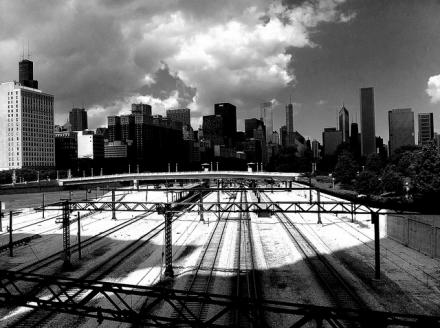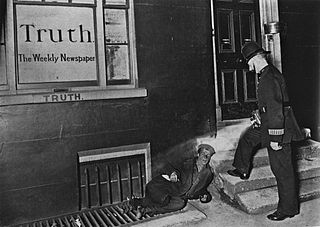
We sometimes describe Henry George’s fiscal proposal as a “smart tax,” unlike the inefficient anti-prosperity taxes that fund most government programs today. Similarly, there can be “smart” transit facilities, which are distinguished from dumb ones because they are cost less and provide more service. Perhaps the most prominent recent smart transit proposal is the CTA Gray Line, whose creator, Mike Payne, will be our speaker tonight.
From the CTA Gray Line web page:
Launching the Gray Line would provide a brand new CTA Rapid Transit (‘L’) service (on EXISTING facilities) to Grant Park, the Museum Campus, the newly renovated Soldier Field, and McCormick Place (with a connected station under the McCormick Place South Bldg.)
Also service to Bronzeville, Hyde Park, the Museum of Science & Industry (with an ADA compliant station 1 1/2 blocks away), the University of Chicago, Woodlawn, South Shore, South Chicago, Chatham, Chicago State University, Pullman, Roseland, Blue Island, and Hegewisch; again almost all Gray Line facilities are in place, and operating RIGHT NOW TODAY.
. . .
There is N O need for costly and time consuming design and engineering, right-of-way acquistion, condemnation, demolition, clearing, materials acquisition, delivery, and major construction; the CTA Gray Line ‘L’ System could be up and providing CTA ‘L’ service to the Far South Side WITHIN O N E YEAR, rather than waiting until 2016 for completion of the Red Line Extension.
Come to this free presentation to meet and question a prominent transit activist, and think about what could be done with all the public money saved by smart projects like the CTA Gray Line.

The People of the Abyss (1903) is a book by Jack London (1876-1916) about life in the East End of London in 1902. He wrote this first-hand account by living in the East End for several months, sometimes staying in workhouses or sleeping on the streets. The conditions he experienced and wrote about were the same as those endured by an estimated 500,000 of the contemporary London poor. Decades later, this book inspired George Orwell to write Down and Out in Paris and London.
A bit late to be a contemporary of Henry George, Jack London lived mainly in northern California and was a passionate advocate of workers’ rights. Both London and George were members of Bohemian Grove.
(source: Wikipedia)
The People of the Abyss is available free on line as text from Gutenberg, and as an audiobook from LibriVox, as well as in hardcopy from various libraries and book dealers.
Political Economy Book Club is open to everyone wishing to participate in the discussion, without charge altho donations are appreciated to help pay for rent and snacks. Convenor Bob Matter appreciates an RSVP from those planning to attend.
In commemoration of “tax day,” the hypothetical due date for Federal and State personal income tax returns, we’ll discuss a sensible proposal by a man who understood the danger of an income tax: Henry George. In this free introductory session, we’ll review the problems George saw in his time, and discuss how they persist today. We’ll outline what he proposed to do about them, how his recommendations apply today, and provide an overview of the Progress & Poverty course.
The course continues on Friday afternoons thru May 20. Should you choose to enroll, there will be a $25 registration fee.
Between 1948 and 1973, Americans’ real wages rose almost as fast as their productivity. After 1973, productivity grew 147% but wages rose only 19%. This raises two questions:
(1) If workers getting less, who is getting more?
(2) Is there a way to restore the balance?
To solve the problem of poverty, and the many other problems that follow from it, ordinary workers need higher wages. George Menninger describes how to raise wages without interfering in the free market and without taking anyone’s earnings.
George Menninger is an instructor at the Henry George School of Chicago, and attendees at this free program will have the opportunity to sign up for his Progress & Poverty course.
You can sign up for this free event thru Eventbrite, or RSVP directly by email.
